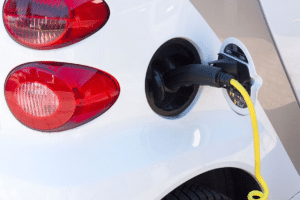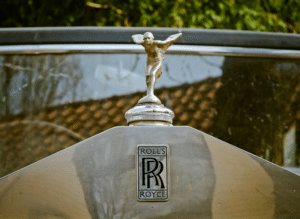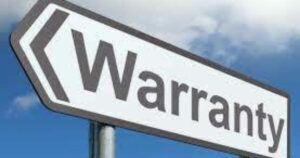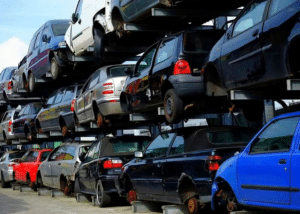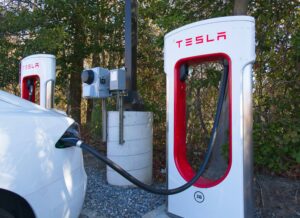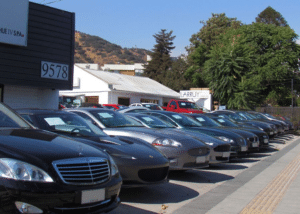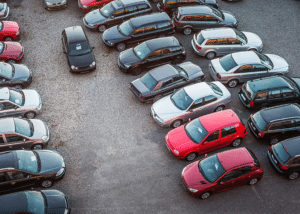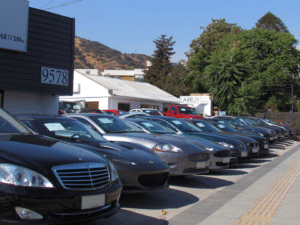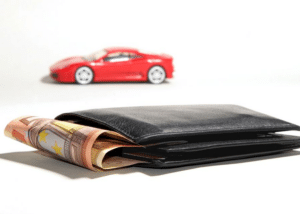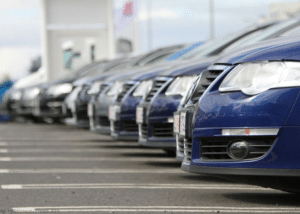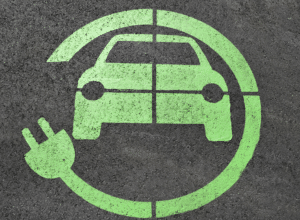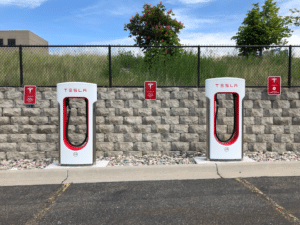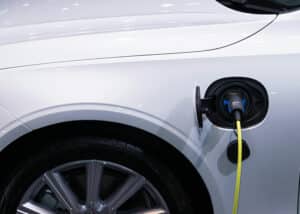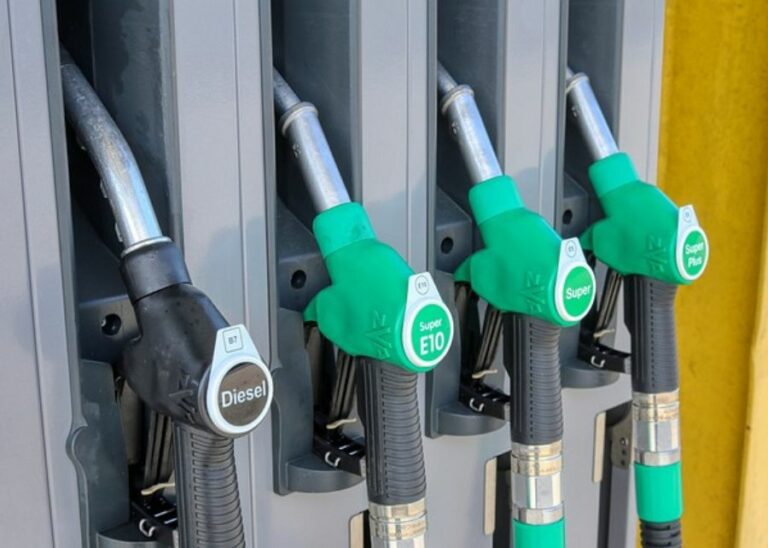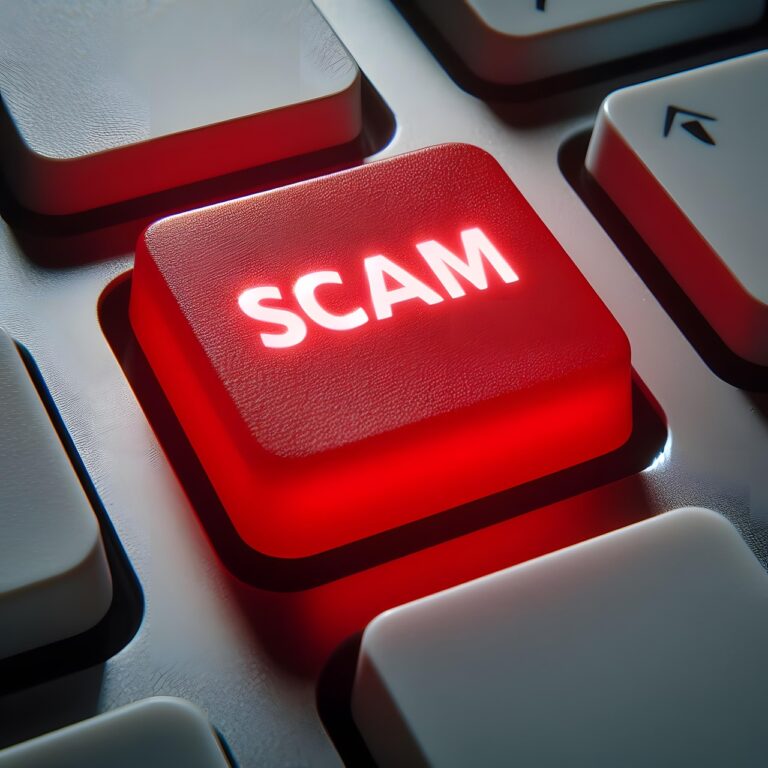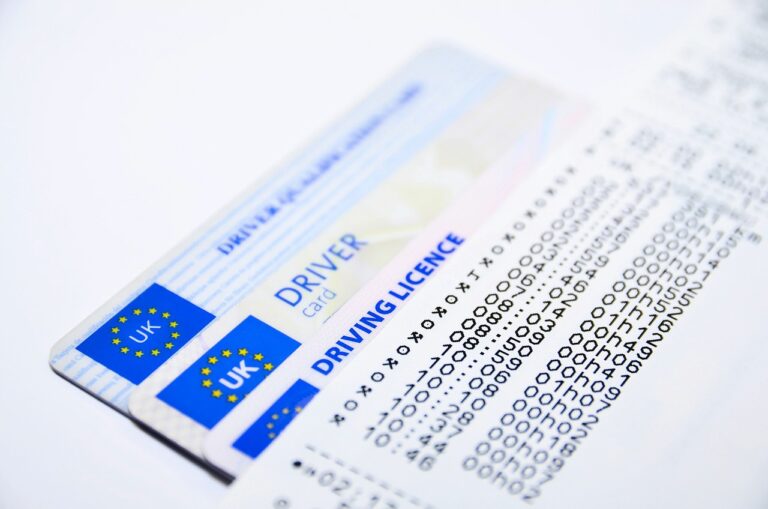Car depreciation is the difference between the price you pay for a car and the price you can sell it for later. The residual value of a car is the amount of money you can get back from selling it after a certain period of time, such as three years or five years. What causes the depreciation of a car? Will a brand new car depreciate quickly? What is my car’s value? So many questions so lets take a look.
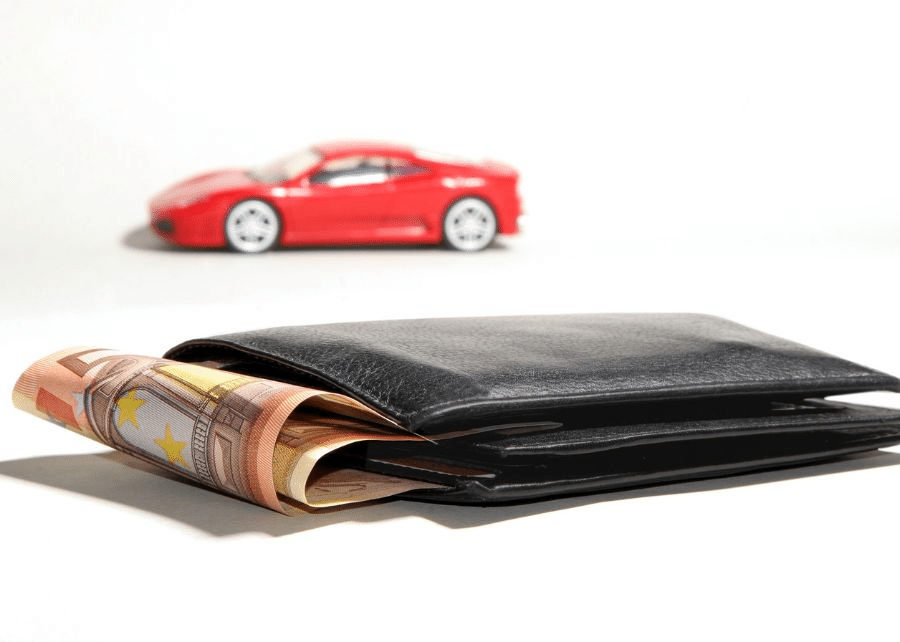
What Causes a Car to Depreciate?
Car depreciation is the difference between the price you pay when you buy your car, and the price you would get today if you decided to sell it. It’s the rate at which your car’s value falls over time.
There are many factors that contribute to car depreciation, according to WhatCar? these are things such as:
Price: Generally, the more expensive a car is, the more it will lose in absolute terms. However, some luxury or premium cars may retain their value better than cheaper ones, depending on the demand and supply in the market.
Running costs: Cars that are more expensive to run, such as those with high fuel consumption, high insurance premiums, high maintenance costs, or high road tax, will depreciate faster than cars that are more economical to run.
Quality: Cars that are well-built, reliable, and have a good reputation will depreciate slower than cars that are poorly made, prone to faults, or have a bad image.
Age: Cars depreciate the most in their first year of ownership, and then gradually slow down in subsequent years. The average car loses about 20-25% of its value in the first year, and about 10-15% per year after that.
Mileage: Cars that have higher mileage will depreciate faster than cars that have lower mileage, as they are likely to have more wear and tear, and need more repairs or replacements.
Condition: Cars that are well-maintained, clean, and free of damage will depreciate slower than cars that are neglected, dirty, or have dents, scratches, or rust.
Demand and supply: Cars that are popular, rare, or have a loyal fan base will depreciate slower than cars that are unpopular, common, or have a low resale value. The demand and supply of cars can also be affected by external factors, such as changing emissions policies, new car shortages, or economic conditions.
Car depreciation is an important factor to consider when buying or selling a car, as it affects the long-term value of your car and the total cost of owning it. According to Capital One, you can minimise the effects of car depreciation by choosing a car that has a high residual value, keeping it in good condition, driving it sensibly, and selling it at the right time.
How fast does the car value decrease?
The speed of car depreciation depends on many factors, such as the price, quality, age, mileage, condition, and demand of the car.
On average, new cars can lose 20 to 30 per cent of their value in the first year and then around 15 per cent of their value for the next couple of years, normally adding up to 50 per cent or more over three years, according to The Money Calculator. However, some cars may depreciate faster or slower than others, depending on their make and model, says Auto Trader.
How important is car depreciation when buying or selling a car?
Car depreciation is very important when buying or selling a car, as it affects the long-term value of your car and the total cost of owning it. Depreciation is often the biggest expense of buying a new car, and choosing one that depreciates slowly will save you more money than picking one that requires fewer trips to the petrol station.
When selling your car, depreciation will determine how much money you can get back from your initial investment, and how much you can afford to spend on your next car. Depreciation can also affect your car insurance premiums, as insurers will base their payouts on the current market value of your car, not the price you paid for it, says Leasing.com.
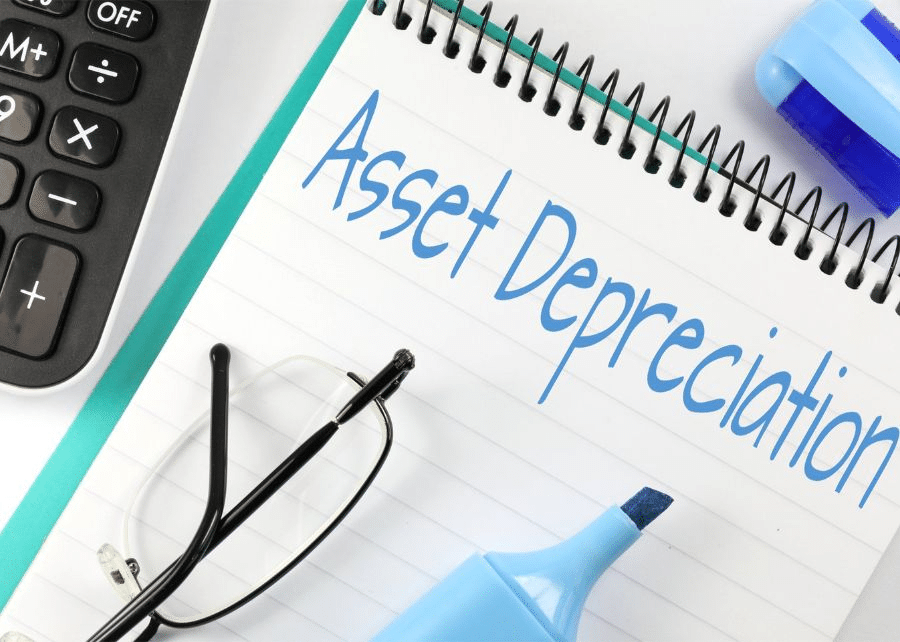
What Factors Affect Depreciation?
Depreciation is the process of allocating the cost of an asset over its useful life, reflecting the decline in its value due to various causes. Some of the factors that affect the amount of depreciation are:
The cost of the asset: This is the initial amount paid to acquire the asset, the initial car value, including any expenses incurred to make it ready for use, such as installation, transportation, or testing, says Finance Strategist.
The estimated salvage value of the asset: This is the amount that the asset can be sold for at the end of its useful life, after deducting any disposal costs, such as removal or dismantling.
The estimated useful life of the asset: This is the period of time that the asset is expected to provide economic benefits to the owner, based on factors such as physical wear and tear, technological obsolescence, legal or contractual limitations, or market demand, according to Accounting Notes.
The method of depreciation: This is the formula or rule that is used to calculate the depreciation expense for each accounting period, based on the above factors. There are different methods of depreciation, such as straight-line, diminishing balance, units of production, or sum-of-the-years’ digits, each with its own advantages and disadvantages.
Average car depreciation is something that is sadly unavoidable, whether its petrol and diesel cars, or electric, cars drop in price and depreciation costs are a real thing.
How to improve your car’s depreciation rate
There are some ways to improve your car’s depreciation rate, whether it’s a used car or a new car, you can try to slow down the loss of value over time. For example, the RAC recommend that you could try to:
Keep your mileage low if possible, as high mileage reduces the resale value of your car.
Keep your car clean and in good condition, both inside and outside, and fix any damage as soon as possible.
Maintain your car according to the manufacturer’s recommendations, and keep all the service records and receipts as proof of your car’s history.
Avoid any MOT failures or major repairs, as they can negatively affect your car’s value.
Choose a car that has a high residual value, which means it retains its value well over time. This depends on factors such as the brand, model, quality, performance, popularity, and rarity of the car.
Sell your car at the right time, when the demand is high and the supply is low, and avoid selling it when it is too old or outdated.
How to Reduce Your Car’s Rate of Depreciation
There is no definitive way to stop your car from depreciating, as it is a natural process that affects all vehicles over time. However, there are some steps you can take to slow down the rate of depreciation and retain more value in your car. According to Money Helper, they recommend to:
Choose a car that has a high residual value. This means it retains its value well over time, depending on factors such as the brand, model, quality, performance, popularity, and rarity of the car.
Keep your mileage low if possible. High mileage reduces the resale value of your car, as it indicates more wear and tear and potential repairs.
Keep your car clean and in good condition. Repair any damage as soon as possible, and avoid unnecessary modifications that may detract from the original design or performance of the car.
Maintain your car according to the manufacturer’s recommendations. Keep all the service records and receipts as proof of your car’s history and care. This will also help you avoid any MOT failures or major repairs that can negatively affect your car’s value.
Sell your car at the right time. The demand and supply of cars can vary depending on external factors, such as changing emissions policies, new car shortages, or economic conditions. Try to sell your car when the demand is high and the supply is low, and avoid selling it when it is too old or outdated.
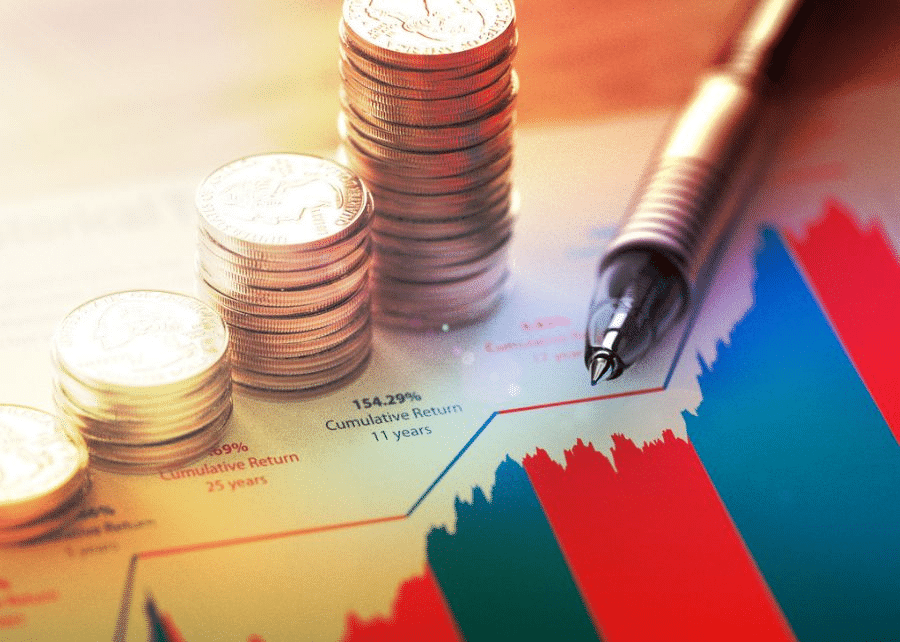
How much do cars depreciate in value per year?
The average car depreciation rate per year is about 10-15%, according to Cars Direct. However, this rate can vary depending on the make, model, age, mileage, condition, and demand of the car.
Some cars may depreciate faster or slower than others, and some may even appreciate in value over time. You can use online tools such as Car Depreciation Calculator or Kelley Blue Book to estimate the current value and depreciation of your car.



















